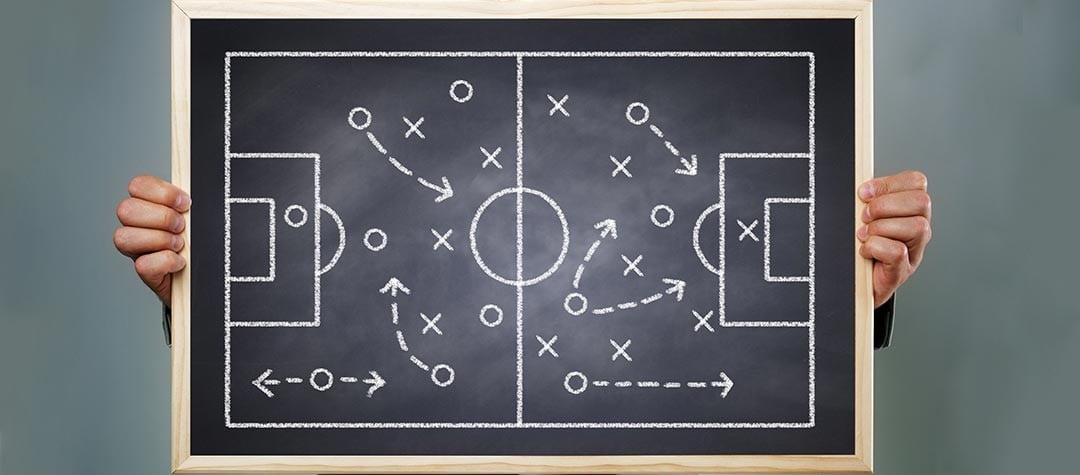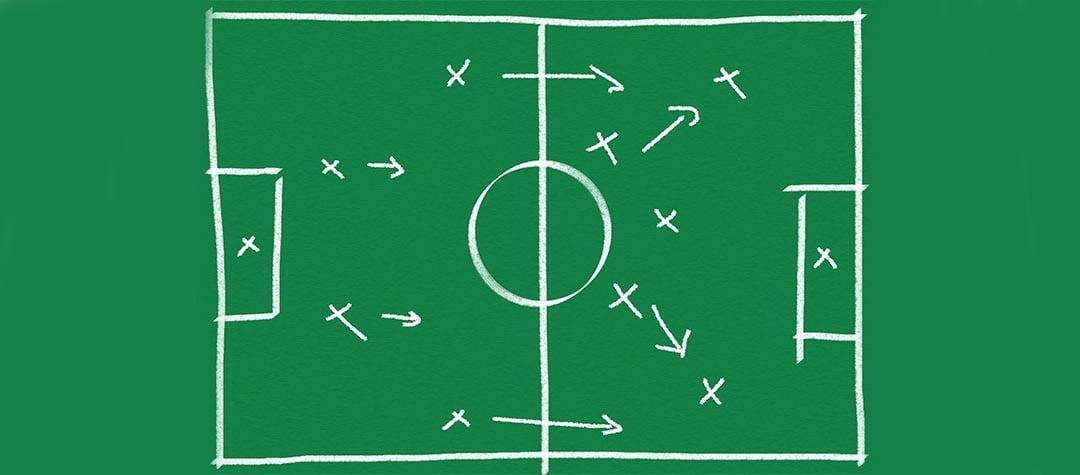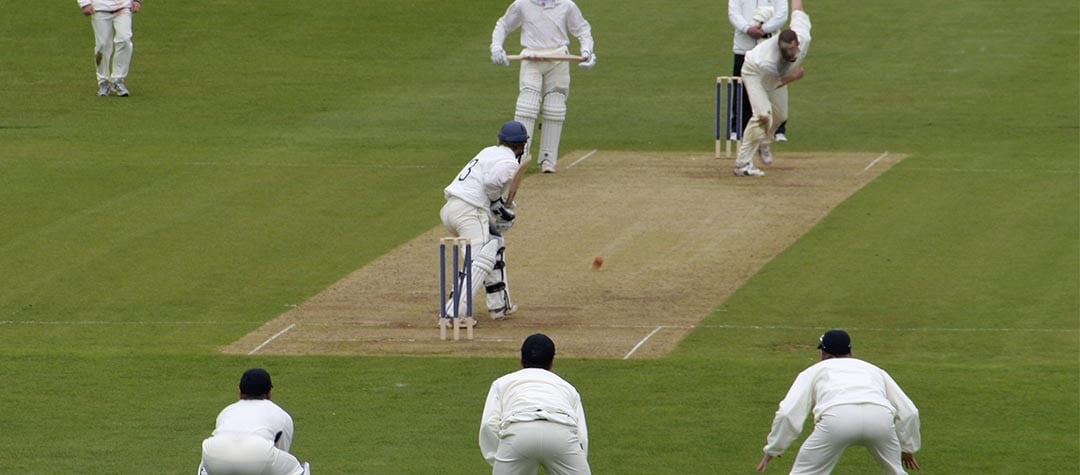Want to get that mental edge? Consider our top tips for building and making use of your mental strength.
When it comes to sports, having mental strength is nearly as important for players as physical fitness. Pressure can get to the best sports stars and mental training is therefore a vital skill to possess. “When the going gets tough, the tough get going” is one way to say it. Or, as one sports psychologist put it, mental toughness is “the ability to consistently perform toward the upper range of your talent and skill regardless of competitive circumstances.”
With sports psychology a growing field of study, more athletes are looking to improve their mental prowess as well as their physical exercise routines. Here, we look at some of the great cases of sporting mental collapse and how we can all learn from these examples.
There's a thin line that exists between mentally-strong sporting success and under-pressure failure.
"Sport psychology, to put it simply, focuses on the psychological factors associated with physical performance," says Dr. John Bartholomew, an associate professor in the Department of Kinesiology and Health Education.
World sport is packed with examples of those who have come so close to glory yet mentally collapsed at the final moment. Here, we give you a run through some of the most famous sporting moments when the mental pressure proved too much , and give you the experts view, plus some top tips to help you with your mental game.
Last-minute sports mishaps
Golfer Jean Van de Velde proved another fine sportsman crushingly defeated by a last-minute mishap. The Frenchman was on course to pull off a surprise victory in the 1999 British Open at Carnoustie in Scotland, only needing a double-bogey to win the championship. He had birdied the 18th hole in the two previous rounds but disaster was imminent.
Van de Velde played an awful first shot, barely escaping the water. Things soon got worse as the golfer then hit a shot towards the green, which ended up hitting the grandstand and shooting backwards 50 yards. This sudden catalogue of errors concluded with a tired third shot which got tangled in the rough and flew back into the water. Cue Van de Velde took off his shoes and socks to try and play his way out of trouble. The Frenchman eventually putted with a triple-bogey seven but, after previously being three shots ahead, lost a three-way playoff to Paul Lawrie.
The line between sporting glory and notoriety is incredibly thin and the margin for error shortens each year. For every sporting giant, holding their nerve to stage a remarkable comeback, there is another tale of psychological self-destruction. Even highly focused competitors have fallen foul of unwanted pressure. Steve Davis famously lost the 1985 World Snooker Championship final to Dennis Taylor on the last frame’s black ball after initially leading 8-0. This was despite him staying focused enough to win six other titles. Similarly, Jana Novotna’s stunning collapse in the 1993 Wimbledon final – after easily leading 2-1 against Steffi Graf – was so painful it led her to cry on the Duchess of Kent’s shoulder during the prize-giving ceremony.
Sports psychology
With the stakes for sporting glory at an all-time high and increasing media scrutiny, help is thankfully at hand for sports stars feeling the pressure. Sports psychology is a developing science that gives competitors mental and emotional support to deal with aspects of their physical performance, including things such as self-belief, concentration and coping with pressure. The role of the sports psychologist is to boost an athlete’s confidence, as well as improving their mental endurance for long-term periods of concentration.
Research into penalty shootouts by the Dutch psychologist Geir Jordet has revealed that sporting pressure mounts the longer a contest goes on. His research recommended that players can only overcome their fears of failure by rehearsing their entire routine in advance, composing their thoughts before each kick.
UK-based psychologist Rachel Foxwell agrees with Jordet’s analysis, of mounting pressure increasing nerves and lowering players’ confidence. She believes this can be further applied to sports other than football.
'Sports psychology is a growing trend that aims to get players to battle through the pressure of their game and not bottle it by being affected by the noise of the crowd or even the size of an imposing competitor,' she says. 'The ability to get over the fear of failure can definitely be taught through psychology; it just requires a lot of mental strength.
'Players need to learn to focus on their goal, taking each kick or shot at a time and removing the crowd and tiredness from their thoughts. I believe this can be taught through sports psychology.'
Paul Dent, a London-based sports psychologist who has worked with Great British hockey team players, agrees over this need to focus on the present.
He said: 'The task is to focus on what you are doing, i.e. having a narrow attentional focus on the here-and-now – not the fact that millions of people are watching (which is a broad attentional focus) or the implications of missing (the future).
'Mental strength is the ability to do the above in the most difficult of situations and comes from experience.'
Andy Scott, a businessman from California, achieved the gold award for a sub nine hour completion of the hardest biking trail in Colorado. Better yet, he climbed the highest mountain in California, the 14000 ft (approx 4267m) mount Tyndall.
He says that it is the thoughts of his family and the preparation beforehand that allows him to succeed in extreme high altitude conditions. He also points out that knowing that your brain will start to tell you that you’re tired and that you want to quit is the first hurdle, but once you overcome that you can achieve flow state where you are fully concentrated on the present moment, thinking of nothing else, and your body achieves its maximum output. If you can overcome the initial fear response, you’re on a guaranteed pathway to success.














